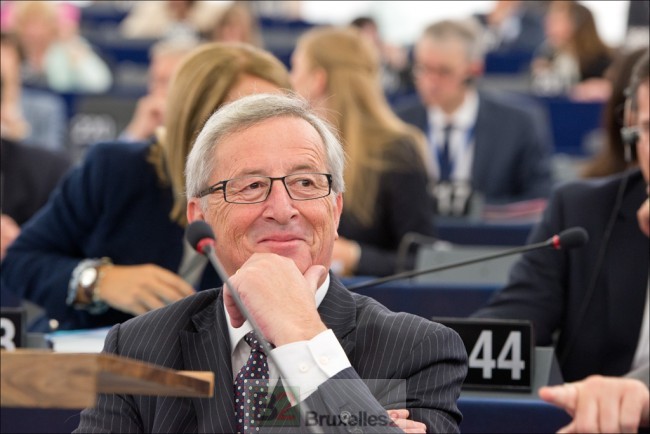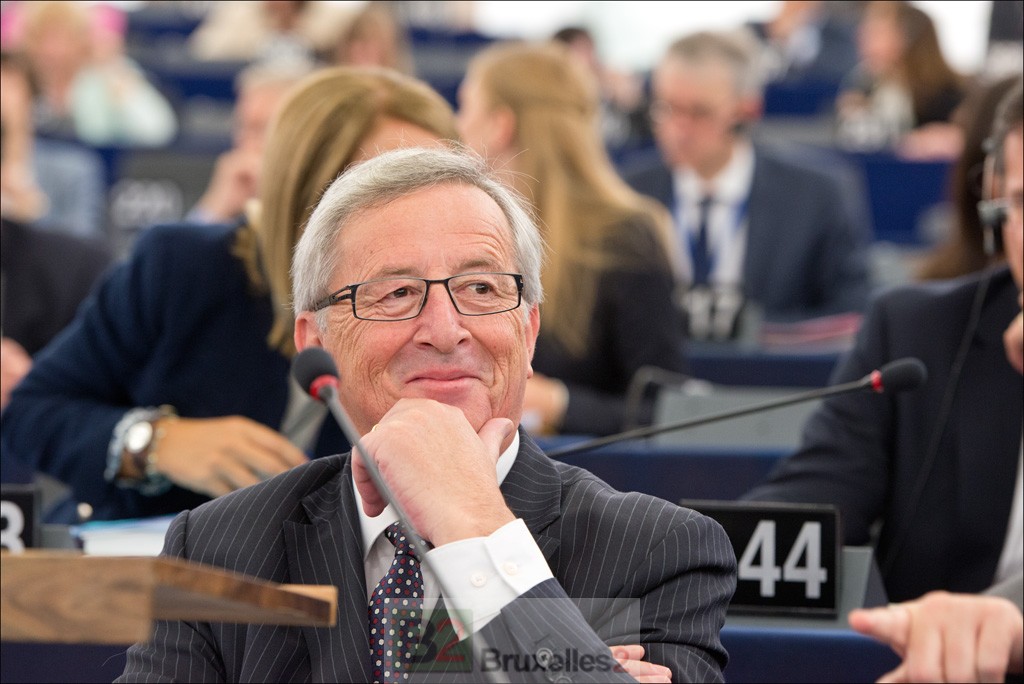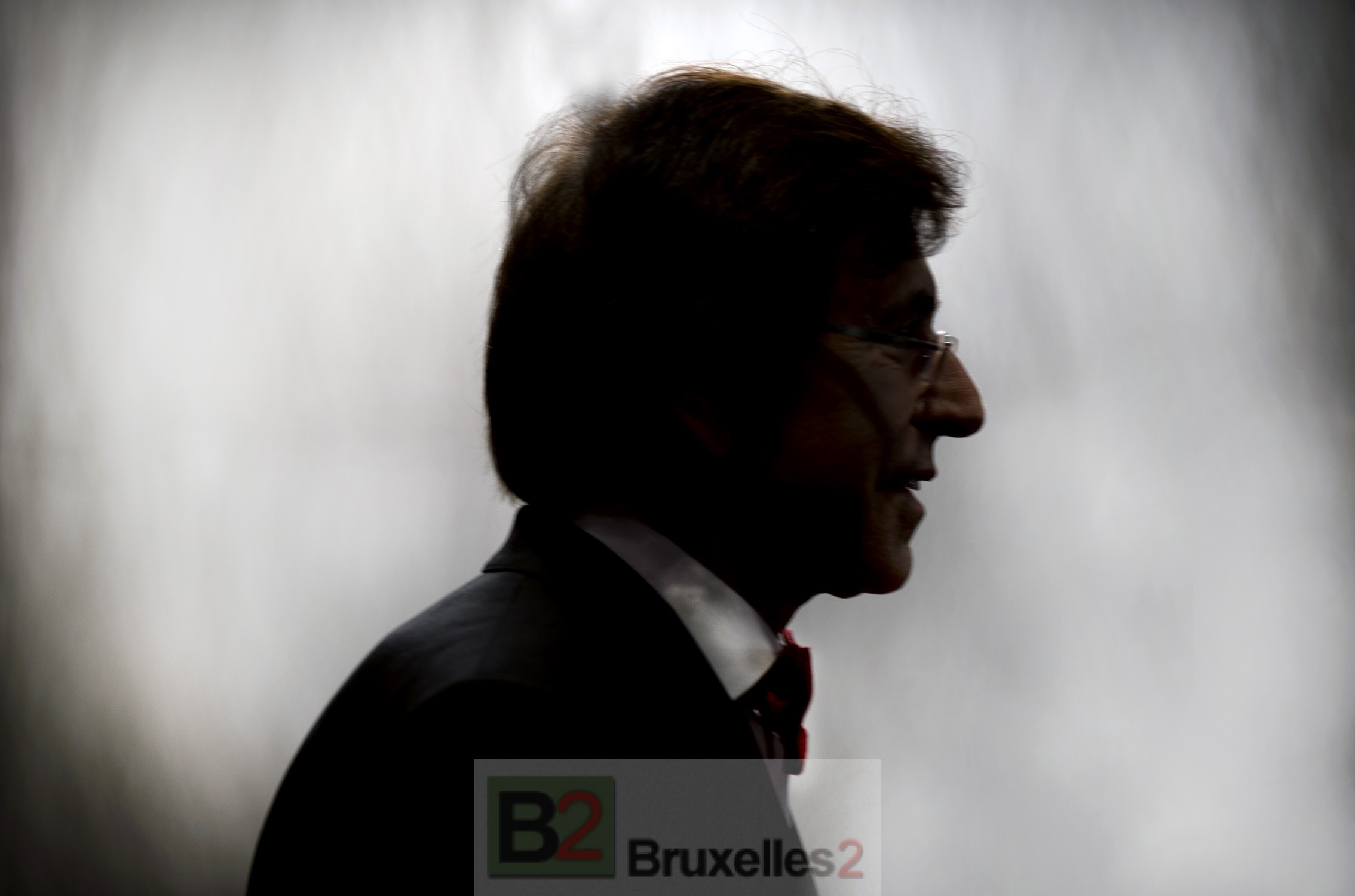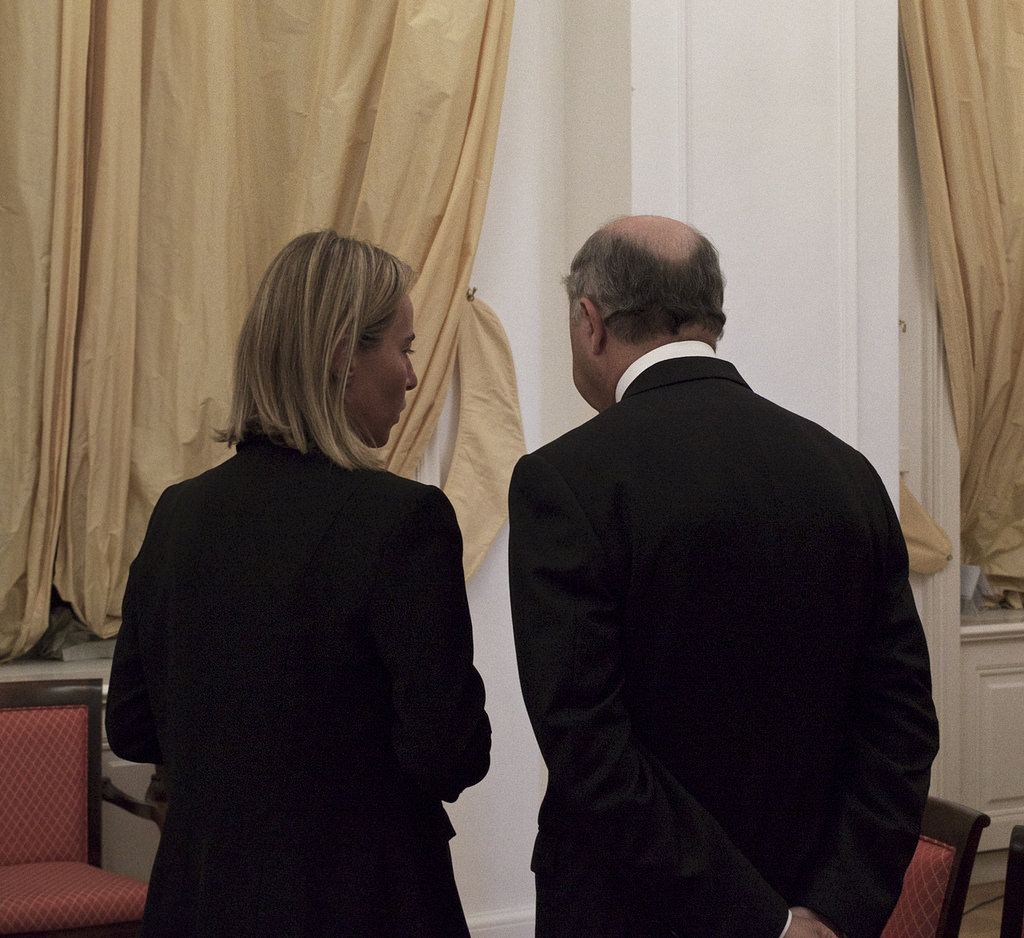Juncker Commission, 100 days later, it's not really there yet...

(BRUSSELS2) After 100 days, the results of the Juncker Commission do not appear as encouraging as one might have expected. A single positive action is to be put to his credit: the launch of an investment fund - expected at 300 billion. An act that has both political and economic significance; everyone recognizes it. Many questions still remain unanswered: which projects will be financed, how will reach 300 billion, etc.
Few real offers...
The Commission's 2015 program - recently adopted - is far fromupdating promised by Juncker during his induction speech to the European Parliament. The withdrawal of a few measures (essentially environmental) does not make a program. These are the assets of the Juncker Commission after 2 days. This is little ! And, again, when we speak of a hundred days, it is the official counter. The Juncker team has, in fact, been at work for almost nine months already. And there are solid elements within it, starting with its vice-president, Frans Timmermans, and Martin Selmayr, its chief of staff. Two real numbers XNUMX. In terms of initiative and audacity, we are left unsatisfied. We could therefore have expected a program that was much more ambitious and rolled out more quickly for a Commission that calls itself the "last chance". As Marielle de Sarnez (Modem) reminds us, on the tax issue (but this can apply to all areas), the Commission not only has the " right of initiative ", she has a " duty of initiative ».
...and three notable missteps
In this somewhat empty picture, the few missteps that marked the first months therefore resonate all the more strongly in that they are not "technical" missteps but indeed political errors. Jean-Claude Juncker cannot be described as a beginner...
A neglected Luxleaks
First of all, in the midst of the "Luxleaks" revelation - which highlights Luxembourg's tropism a little too "big business friendly", bordering on tax dumping - President Juncker remained strangely absent for several days. His advisers counted on a counter-speech, carefully instilled, to circumvent the problem. We thus successively heard: this “is not really new”, what “Luxembourg is doing is perfectly legal”, and “moreover it is not the only one, many other countries have similar practices” , "it's not really the main problem in Europe", "several investigations are already under way under the aegis of the Commissioner for Competition", it is "a set-up by the Anglo-Saxons to harm the president of the Commission" etc. The Commission team thought the news would die down on its own, on the back of other elements before they began to reconsider their position. In the same way, in the European Parliament, the request for a commission of inquiry, made in particular by the Greens, also came up against a refusal to receive the "big" groups in Parliament (EPP and PSE) before finally to be accepted, not without difficulty. The vote is due to take place in the February plenary.
A commitment to the Greek presidential campaign
Second misstep: the support for the Greek presidency of a former EPP European commissioner. The support is barely masked since Jean-Claude Junckers declares that he prefers to see a "known face" arrive at the Greek presidency... in other words Dimas, former European Commissioner (Environment), and close to Samaras, rather than another president. It is a clear anti-Syriza message that is passed on in this way. An intervention in a national political campaign which contrasts sharply with the traditional refusal of the European Commission to intervene in favor of one or the other candidate of a democratic party. The European executive will also return to this (wise) tradition during the legislative campaign, refusing any controversy. Rightly... But a bit late. Once again, the clearest, most limpid message on the European economy came from America, as a reminder of economic realities (read: "Don't pressure Greece". Washington brings Europe back to reality). And it will take more than a hug between Juncker and Syriza to erase what remains as a barely masked ideological a priori.
Extreme timidity in action on terrorism
After the attacks in Paris, there is still a wave of hesitation at the European Commission. If the compassion and the political gesture of solidarity were quick, the rest of the mechanics floated. The European executive did not want to intervene in a file - terrorism - where the Member States have a large hand. The fear of taking blows combined with a weak tropism of this commission for questions of Justice and Home Affairs partly explain this attitude. But, above all, Juncker does not want to be distracted from his main objective: the economy. Although the Commission's role is limited, it nevertheless has room for action - revising the terrorism decision, tightening up the Schengen system, unblocking the European PNR file which is causing tension in the European Parliament - which would have deserved a little dynamism. While national unity has been fairly divided in France or Belgium on the various measures to be taken, at European level, this unity has never existed between the "government parties" (EPP, Liberals & Democrats, Socials & Democrats and Greens). And the "hard" words were exchanged. Which did not contribute a little to tense up and delay the debate.
"Should Do Better"
Three missteps on three very political issues, against the backdrop of a low propensity to revolutionize politics and put forward somewhat fresh and new ideas, to reinvigorate the debate, and precise and well-structured proposals, to fuel the European dynamic means that today, the real enthusiasm felt in Brussels at the arrival of the new team has quickly withered. The Juncker team should get no better than a "barely passable" report for its first hundred days. With the mention "good start, but slackened". And it's not only "can do better" but "must do better" that should be indicated...
(Nicolas Gros-Verheyde)
The external relations team = good in every way
This very "mixed" assessment must however be revised upwards for the Commission's "external relations" team. The Vice-President of the Commission and the High Representative of the EU, Federica Mogherini, has so far risen to the challenge, on most open fronts (and there are many), to the point that one can even say to herself: how long will she be able to hold on at this rate! 😉 It will now remain to concretize some files (especially in terms of defense). But the goodwill is there. The commissioner in charge of humanitarian aid, Chrystos Stylianides, also played his role, with perhaps more discretion, but who shows a serious interest in these dossiers. However, I will be more reserved on Commissioner Mimica (development).
(NGV


